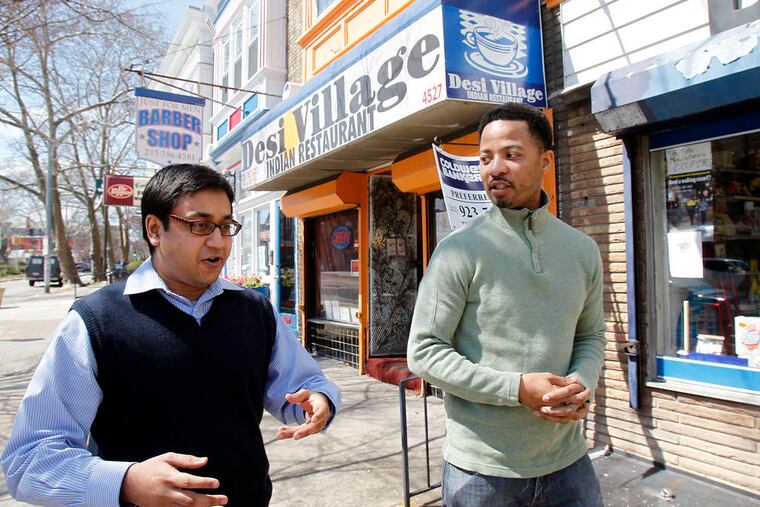3 ways Philly should use stimulus dollars to create jobs | Opinion
The city is ready to rebound, but we need inclusive programs and policies.

For a lifelong Philadelphian and small-business owner for more than 20 years, this last year has been difficult. The COVID-19 pandemic has forced the majority of small-business owners to make the almost impossible decision between taking on potentially risky debt without having a clear direction on what next steps will be for the city or simply shuttering. While many small businesses have survived, thanks in no small part to government aid, many did not. The loss of small businesses, and the jobs they provide in neighborhoods, will impact Philadelphia for years to come unless the city emerges strong from the pandemic.
That’s one of the reasons why the recently enacted federal stimulus bill is so important to cities like ours. Cities like Philadelphia, which struggled with high poverty and slow job creation before the shutdowns, need to not only rebuild what has been lost but use the pandemic as an opportunity to fundamentally rethink how the city supports neighborhoods and the jobs they need.
Philadelphia is due to receive as much as $1.4 billion over two years as part of the stimulus for state and local governments. City schools will receive an additional $1.2 billion. Both should be used in three ways to invest in inclusive programs and policies that will create jobs for city residents and workers.
» READ MORE: Here’s a recap of all federal stimulus programs now open to small businesses
1. Invest in neighborhoods.
While reopening Center City offices to out-of-town workers is critical, so is rebuilding the jobs base in neighborhoods and commercial corridors. These small economic centers provide essential services jobs for neighbors and solidify the vitality of a community. I hope that the city will make investments in the city’s commercial corridors, including road, sidewalk, signage, and lighting repairs. A little goes a long way to make neighborhood business corridors better places to locate and operate a business.
2. Invest in job creators.
Philadelphia has begun the difficult process of making it easier for businesses to open and operate — 2019′s Business Owners Bill of Rights was an important step forward — but there is still much more to do. The process of opening a business and obtaining permits is so difficult that there’s an entire industry of so-called “expediters,” who are paid to work through the red tape and help get administrative work completed. That’s one of the reasons why Arizona State University’s “Ease of Doing Business” report recently ranked Philadelphia as the 76th hardest place in the country to open a business, with it taking longer, with more steps, and costing more than in our competitor cities and in cities across the region. A significant portion of the stimulus funds should go to reducing the city’s highest-in-the-nation taxes on businesses and wages and investing in the city’s operations to make it easier for businesses to be successful.
» READ MORE: Philadelphia businesses would see modestly cut tax rates under Kenney’s budget plan
3. Invest in opportunity.
One of the most important things a business needs to thrive is a skilled workforce. Of course, stimulus funds going to the city and to our schools should be used to prepare students and people out of school to step into jobs. But some portion should also be dedicated to supporting new business owners who need training and mentoring.
I know that the city and its residents and workers are primed for a new chapter — you can feel it when you talk to people in the neighborhoods. We should — we must — take the opportunity the stimulus funds offer to build a stronger, better, more inclusive, and equitable Philadelphia.
Algernong Allen is a real estate entrepreneur, developer, landlord, and real estate broker in Philadelphia. Previously, he owned and operated a bar, a restaurant, and a nightlife marketing company in the city. alallenrealestate@gmail.com